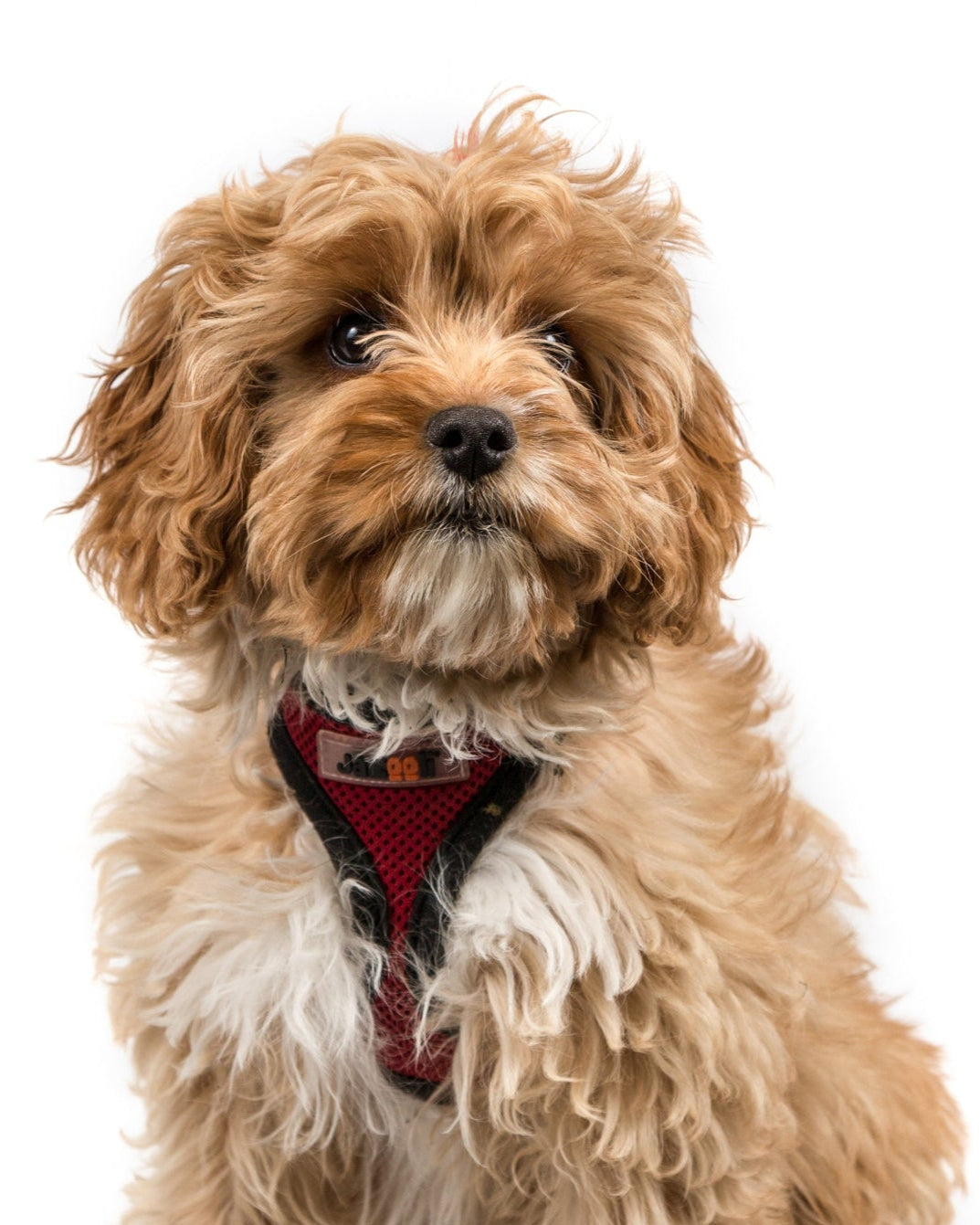
Cavoodles: everything you need to know
Breed Overview:
More puppies available
At Kellyville Pets, we’re committed to matching you with the ideal Cavoodle for your lifestyle while equipping you with everything you need to give your new furry friend the best start in life.
Cavoodle
View DetailsCavoodle
View DetailsCavoodle
View DetailsCavoodle
View DetailsCavoodle
View DetailsCavoodle
View DetailsCavoodle
View DetailsCavoodle
View DetailsCavoodle care guide

Characteristics
- Size: Small to medium (weighing between 5-12 kg, depending on parent size)
- Coat: Soft, curly, or wavy, with colours ranging from apricot, caramel, red, black, or tricolour
- Shedding: Low, often suitable for allergy sufferers
- Life Expectancy: 12-15 years
Photos of Cavoodles from Kellyville Pets
These photos have been supplied to us from the families who have welcomed one of our Cavoodles into their homes.
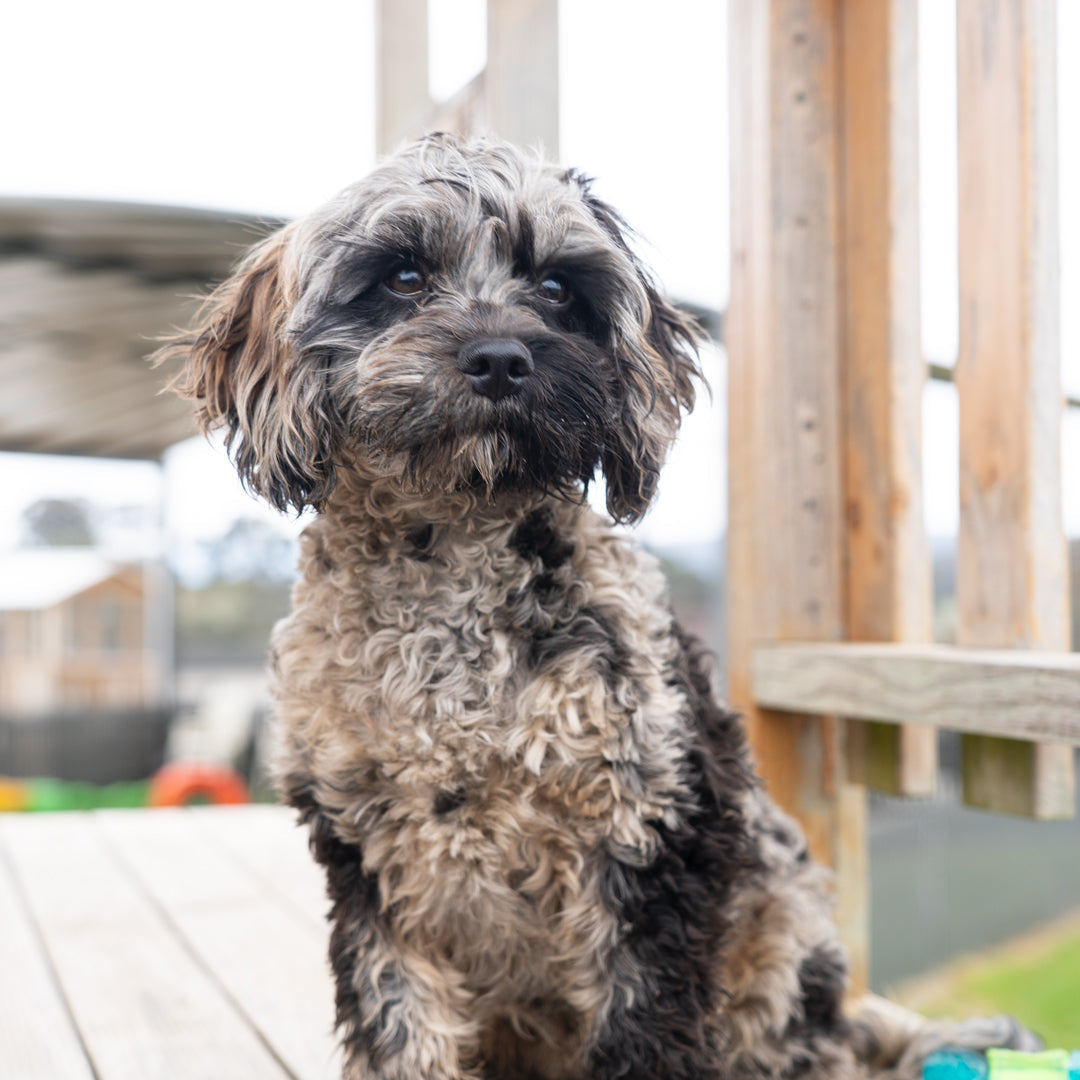
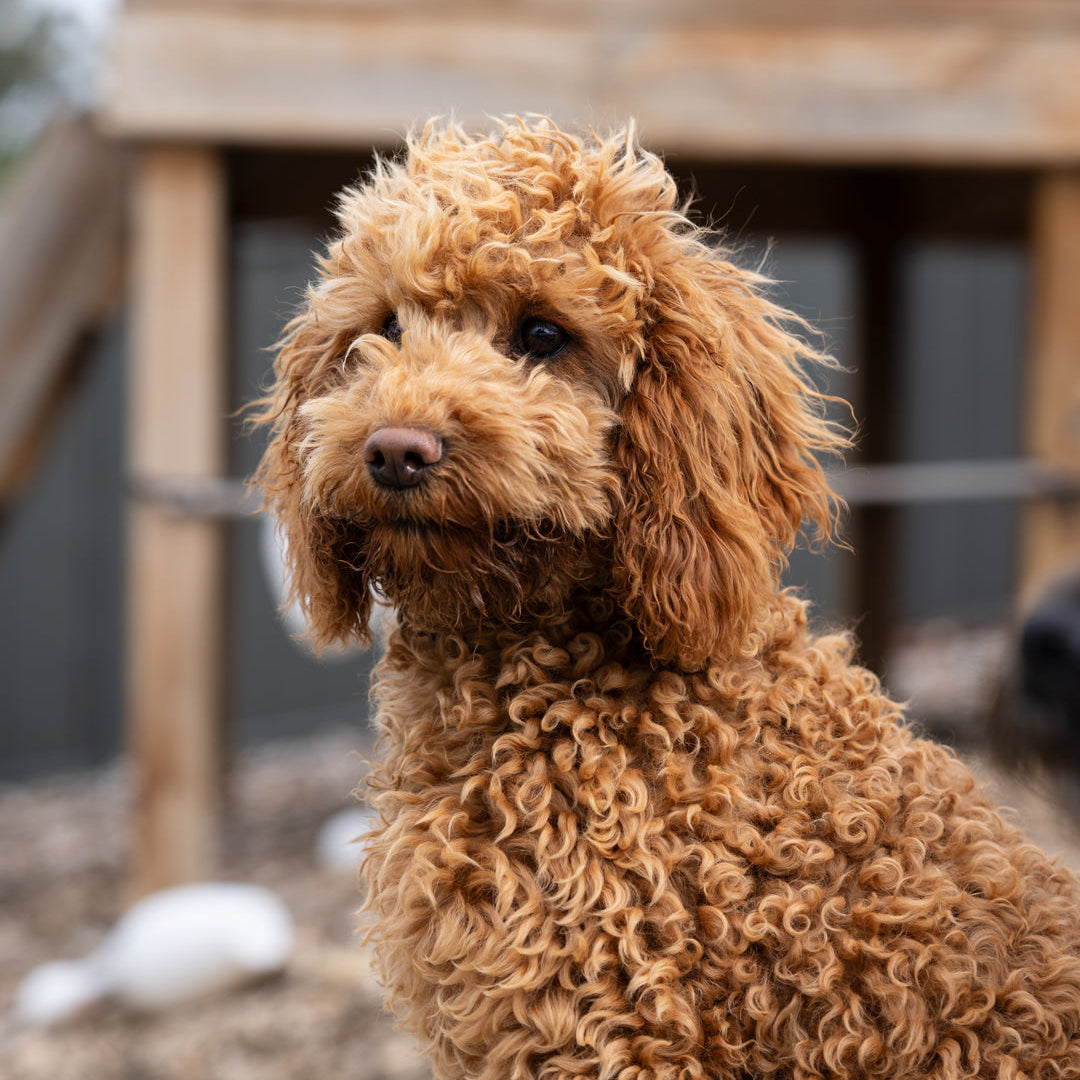
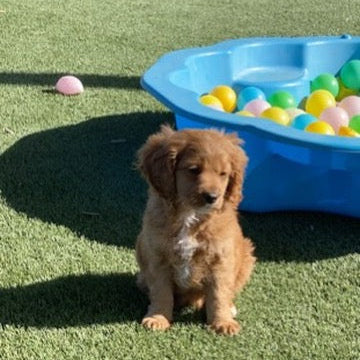
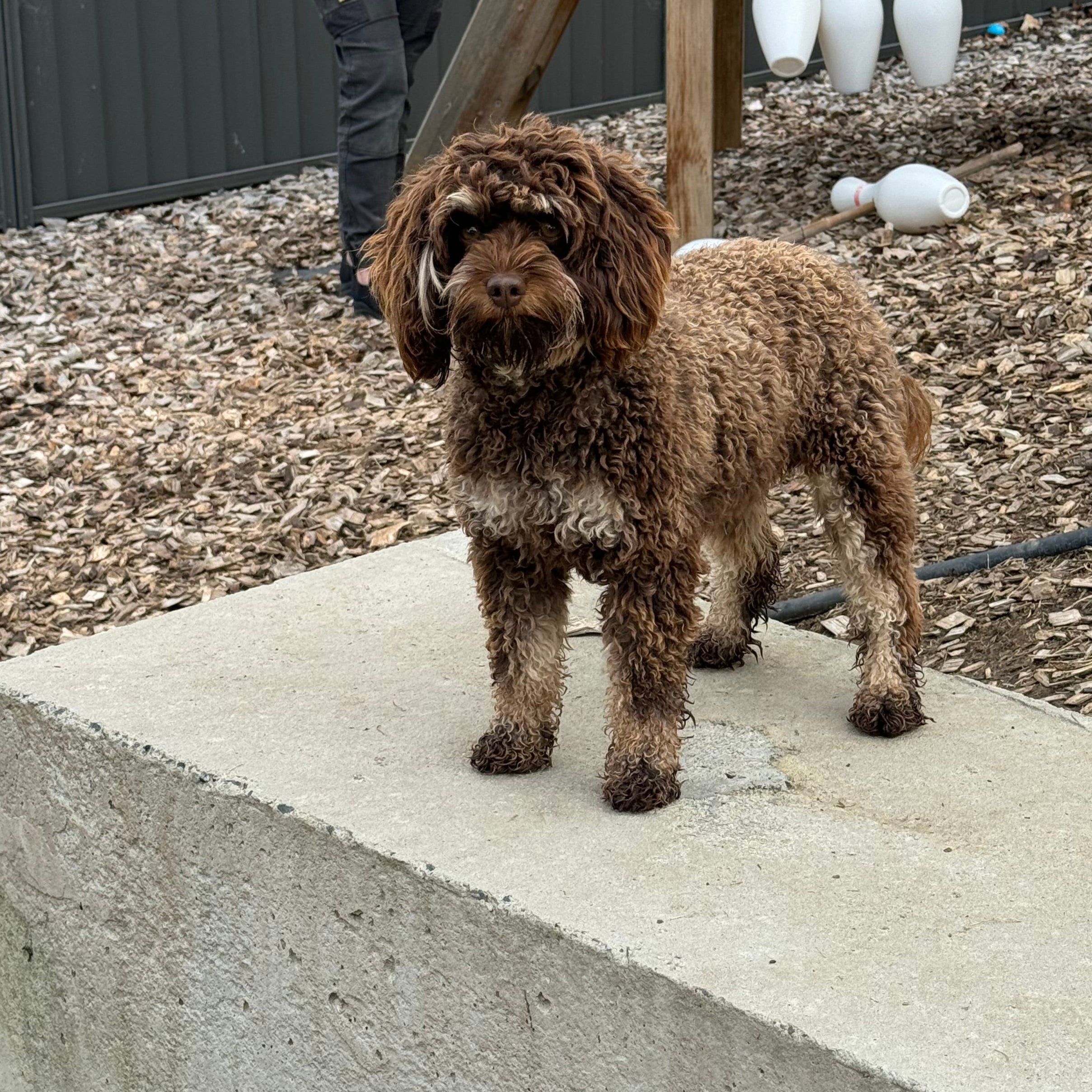
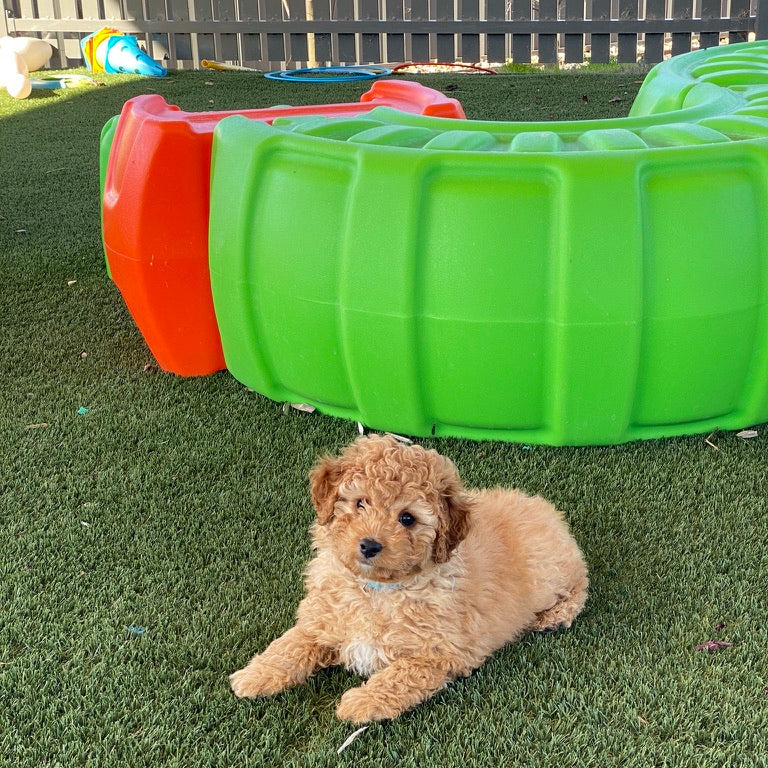
- Friendly, affectionate, and highly social
- Intelligent and eager to please, making training easier
- Gentle with children and typically good with other pets
- Loves companionship and may develop separation anxiety if left alone for extended periods
- Exercise: Daily walks and playtime are essential to keep them mentally and physically stimulated.
- Grooming: Regular brushing (2-3 times per week) helps prevent tangles and matting. Professional grooming every 6-8 weeks is recommended.
- Training: Positive reinforcement techniques work best due to their intelligent and eager-to-learn nature.
Health: Routine vet check-ups are essential. Be mindful of potential inherited health concerns such as hip dysplasia, patellar luxation, and heart issues.
- Families with children
- Singles or couples seeking a loyal companion
- First-time dog owners due to their easy-going nature
- Homes where someone is available for frequent companionship
Cavoodles thrive on human interaction and are happiest in homes where they can be involved in daily activities. They are adaptable to apartment living but require regular walks and mental stimulation to prevent boredom. If you’re looking for a loving, intelligent, and charming companion, the Cavoodle is a fantastic choice!
Their friendly demeanour often makes them popular therapy dogs, providing comfort and emotional support to people in need.
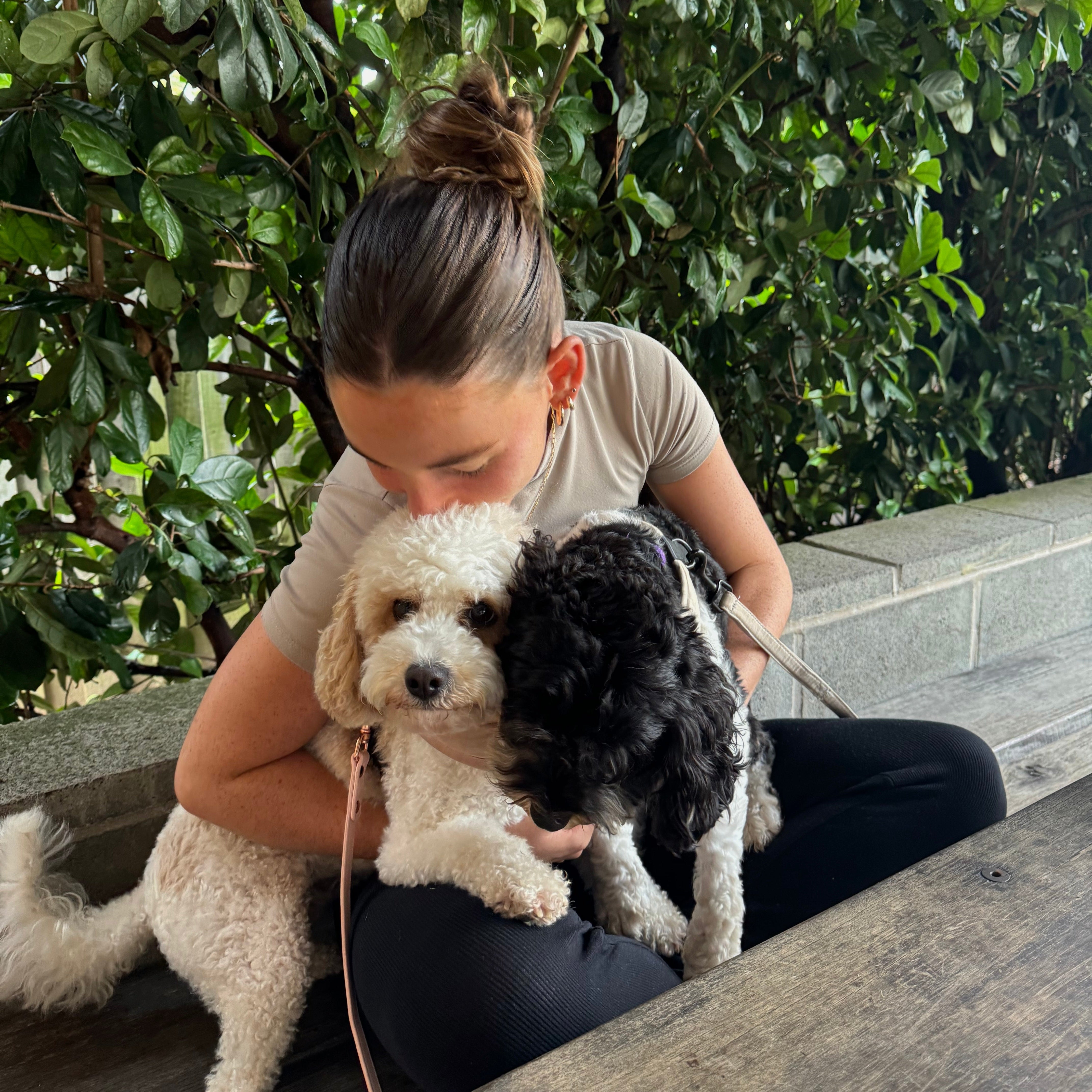
Tips for first-time Cavoodle parents
If you’re welcoming a Cavoodle into your home, here are some key tips:
- Create a routine: Cavoodles thrive on structure. Establish a feeding, walking, and play schedule early.
- Invest in training: Start training and socialization from puppyhood to ensure your Cavoodle grows into a confident, well-behaved adult.
- Prioritize bonding: Cavoodles love attention. Spend quality time playing, walking, or simply snuggling to build trust and affection.
- Choose quality food: Feed them high-quality, age-appropriate dog food to support their health and coat.

Visit us at Kellyville Pets
Our experienced team is here to help you choose your new best friend and provide guidance on every step of pet ownership. Explore our range of pet care supplies, including premium food, grooming tools, and accessories tailored for your Cavoodle’s needs.
Ready to find your perfect match? Come meet our Cavoodles today and take the first step toward a lifetime of love and companionship!













